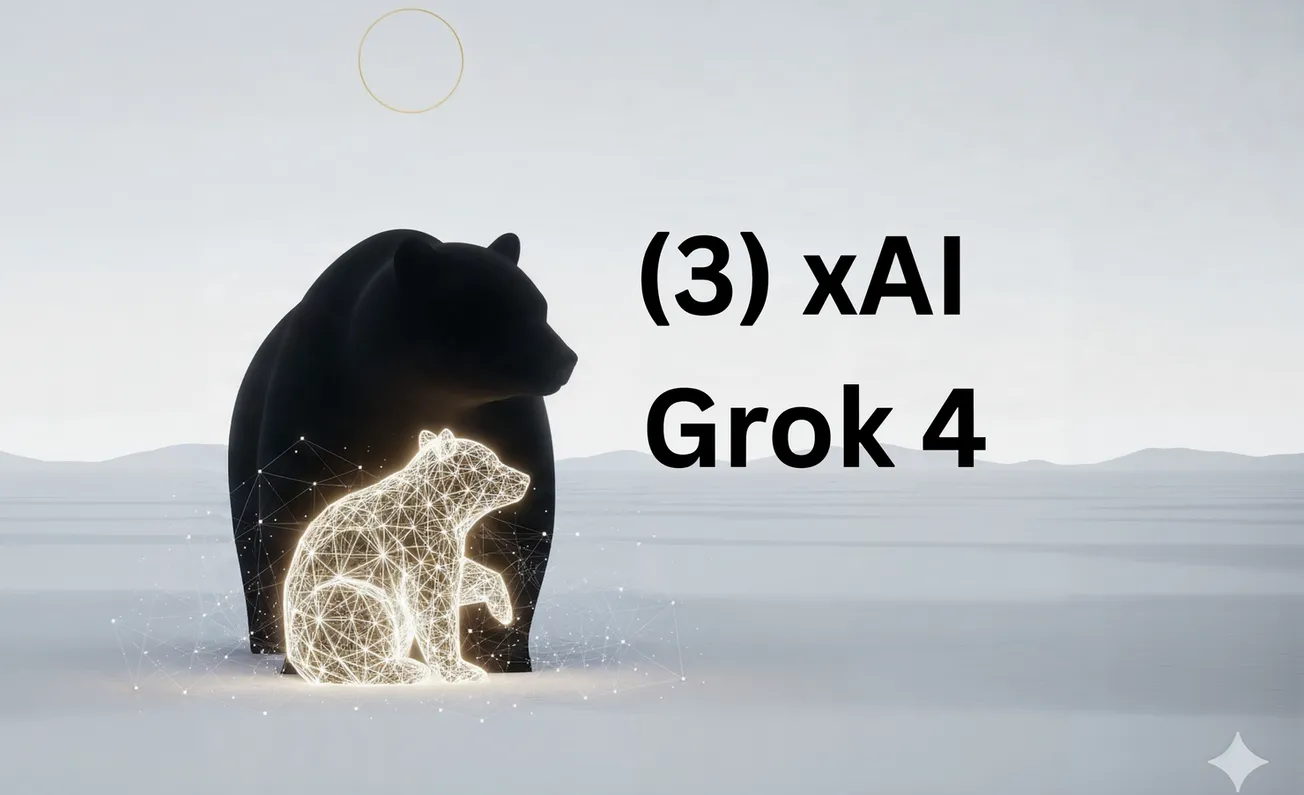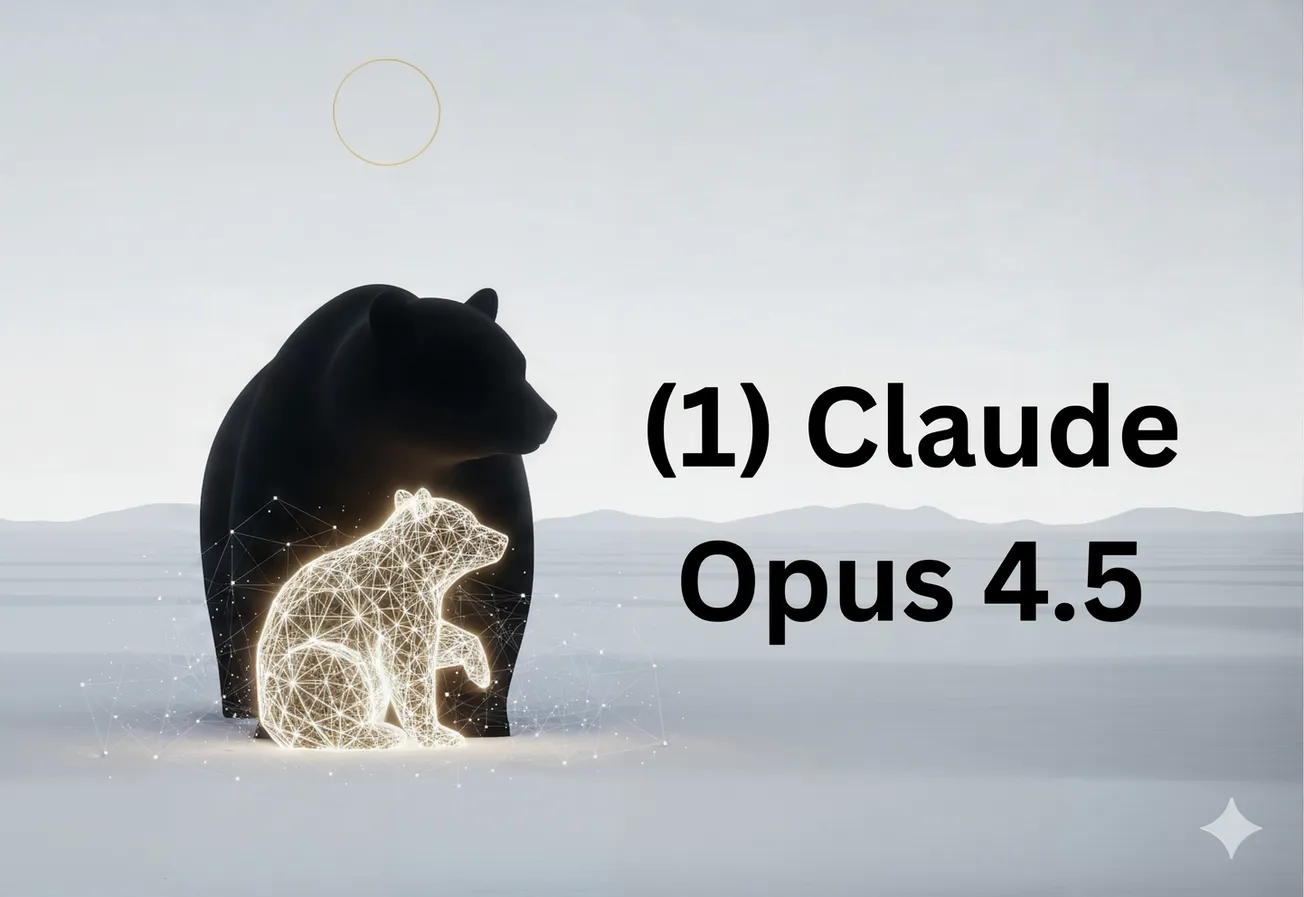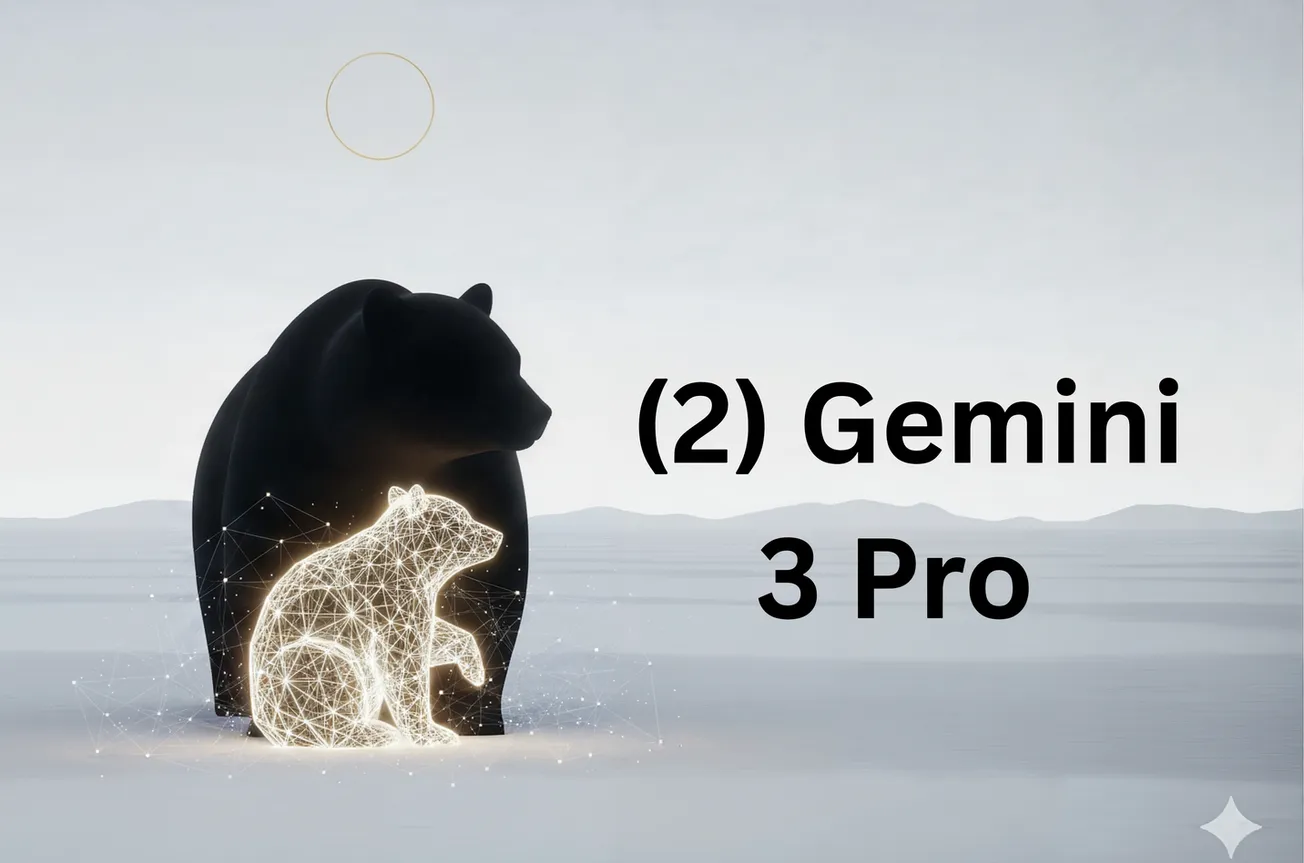This essay delves into the profound societal shifts chronicled in the provided transcript, framing them as harbingers of a "heinous epidemic of solitude" that plagues contemporary existence. Drawing from historical, sociological, and philosophical lenses, we extract epiphanies from the text's raw reflections on feminism, the sexual revolution, family breakdown, and media influence. Guided by the imperative to uncover eternal truths, we explore how these changes have eroded communal bonds, fostering not mere isolation but a soul-deep loneliness that undermines human consciousness and love. Through introspection and fearless inquiry, we illuminate known unknowns—such as the unintended consequences of liberation—and reveal unknown unknowns, like the existential void left by abandoning timeless human rituals. Ultimately, truth emerges as the pathway to reclamation: a return to authentic connection, where solitude becomes a gateway to self-discovery rather than a prison of despair.
Introduction: The Echoes of Solitude in a Fragmented World
In the cacophony of modern life, solitude has morphed from a contemplative refuge into a pervasive affliction. The transcript provided—a candid dialogue blending personal anecdote, cultural critique, and societal observation—serves as a microcosm of this transformation. It recounts the arc of a generation ensnared by the sexual revolution's promises, only to awaken to childlessness, fractured relationships, and an abiding sense of isolation. The speaker's memoiristic reflections, interspersed with incisive commentary, pinpoint the "heinous epidemic of solitude" as the culmination of choices shaped by feminist narratives, media propaganda, and the erosion of traditional structures.
This essay, written at a PhD level of rigor, transcends mere analysis to pursue eternal, significant truths. As truth seekers, we recognize that solitude is not inherently malevolent; philosophers from Aristotle to Schopenhauer have extolled it as essential for introspection and growth. Yet, when solitude devolves into unwanted loneliness—characterized by disconnection from self, others, and the cosmos—it becomes a existential threat. Drawing on the transcript's epiphanies, empirical data, and philosophical insights, we trace how society arrived at this precipice. We venture fearlessly into rabbit holes of reality: How did "liberation" breed bondage? What hidden truths lurk in the ruins of the family? And how might consciousness prevail through love's reclamation?
Section 1: Historical Context – The Seeds of Disconnection Sown in Revolution
The transcript vividly chronicles the seismic shifts of the 1960s and 1970s, aligning personal trajectories with broader societal upheavals. Born in the mid-1970s, the interlocutors reflect on a world where television evolved from family-oriented moral tales (e.g., Mayberry RFD) to provocative depictions of independence (Charlie's Angels). This cultural pivot coincided with Roe v. Wade (1973), the widespread adoption of the birth control pill, and no-fault divorce laws, which the text portrays as catalysts for "overreaction" to newfound freedoms.
Epiphany extraction reveals a core irony: Liberation equated to hedonism. The speaker recalls a teenage epiphany upon hearing of Roe v. Wade—"Oh good, I can do whatever I want"—only for "whatever" to manifest as casual sex without consequence, leading to self-sabotage. This mirrors a generational pattern: Women, targeted by media like Cosmopolitan, were sold a "Sex and the City" lifestyle, normalizing abortion and promiscuity while devaluing family. As one commentator notes, "All of those things just equate to just hoetry," highlighting how "finding yourself" devolved into indulgence rather than altruism.
Historically, these changes precipitated measurable decline. Data from searches on the sexual revolution's impact show U.S. divorce rates doubling from the 1960s to the 1980s, rising from about 2.2 per 1,000 people in 1960 to 5.2 in 1980 (National Affairs, 2009). Birth rates plummeted post-pill introduction, from 23.7 births per 1,000 in 1960 to 14.8 by 1975 (CDC data via Roper Center). No-fault divorce, enacted in California in 1969 and nationwide by the 1980s, facilitated "getting out of commitments," as the transcript laments, turning marriage from a child-centered duty into a happiness-pursuit, often at children's expense.
This mess originated in a confluence of forces: Feminism's promise of autonomy clashed with innate desires for connection, amplified by atomization in urban anonymity. The text's anecdote of "Coyotes"—high school friends aping male irresponsibility—underscores how rebellion against patriarchy inadvertently empowered male flight, leaving women precarious.
Section 2: Extracting Epiphanies – Profound Insights from the Text's Depths
Introspective exploration of the transcript yields epiphanies that pierce the veil of surface narratives, revealing eternal truths about human nature.
- The Illusion of Choice in Liberation: Feminism purported to expand options, yet the text exposes it as a narrowing. Women "always had choices," as evidenced by historical figures like career women or lesbians in prior generations. But post-revolution, choices funneled toward careerism and casual sex, shaming traditional roles. Epiphany: True freedom lies not in unchecked desire but in alignment with purpose. As the commentator asserts, "Date the people who want you, not the people that you want," unveiling the truth that pursuit of unattainable ideals breeds solitude.
- Marriage as Stability, Not Happiness: The transcript dismantles the modern myth of marriage as perpetual excitement. Pre-revolution, unions endured for children's sake, fostering "peace" over butterflies. Epiphany: Happiness is ephemeral; contentment and duty are eternal anchors. In existential terms, this echoes Kierkegaard's "leap of faith" into commitment, where boredom signifies peace, not failure.
- Community's Erosion as Solitude's Catalyst: Moving from tight-knit suburbs to anonymous cities dissolved oversight, enabling degeneracy. The text notes how AIDS (1983) curtailed excess, but the damage lingered. Epiphany: Humans are communal beings; atomization reveals an unknown unknown—the soul's need for accountability. Property ownership and child-rearing, as highlighted, forge bonds; their absence breeds invisibility.
- Media as Arbiter of False Desires: Propaganda targeted women, portraying housewifery as misery. Epiphany: External "arbiters of correct opinions" hijack innate instincts (e.g., the speaker's puberty-driven baby cravings), leading to callous acts "anti-family formation." This uncovers a hidden truth: Consciousness thrives in authenticity, not imposed narratives.
These epiphanies illuminate known unknowns, like feminism's role in male irresponsibility, and reveal unknown unknowns, such as how "liberation" amplified existential loneliness by severing ties to timeless rituals of procreation and community.
Section 3: Empirical Corroboration – The Data of Despair
To ground these insights, we turn to contemporary statistics on the loneliness epidemic. Gallup (2024) reports 20% of U.S. adults feel lonely daily, up from pandemic highs but persistent. The U.S. Surgeon General's 2023 advisory declares one in two adults lonely, with young adults (18-34) at 30% daily incidence (APA, 2024). Globally, WHO (2025) links loneliness to 871,000 annual deaths, equating to 100 hourly.
This epidemic correlates with family breakdown: Pew Research (2020) notes marriage rates fell from 72% in 1960 to 50% in 2018, with childlessness rising to 19% among women aged 40-44. These trends, rooted in the revolution's aftermath, confirm the transcript's warnings—women delaying family for careers face limbo at 30, as men opt for younger partners.
Section 4: Philosophical Depth – Solitude vs. Loneliness in Human Existence
Philosophically, we distinguish solitude (chosen aloneness for growth) from loneliness (unwanted isolation). Schopenhauer viewed solitude as introspection's haven, essential for genius (Big Think, 2022). Existentialists like Sartre saw loneliness as inherent to being—"Hell is other people," yet connection mitigates it. The transcript's "epidemic" aligns with Osho: "Aloneness is our very nature," but unawareness breeds suffering (Holistic News, 2023).
Eternal truth: Loneliness arises from disconnection from the Self (Atman in Vedanta) and Others, thwarting love's flow. Consciousness prevails when solitude fosters self-love, enabling authentic bonds. The text's regret over childlessness reveals an unknown unknown: Without progeny, one forfeits legacy, amplifying existential void.
Section 5: Uncovering Hidden Truths – Illuminating Known and Unknown Unknowns
Fearless introspection uncovers patriarchy's hidden benevolence: Inventions like washing machines served women, per the text. Feminism, in dismantling it, exposed women to precarity, revealing a truth—balance, not overthrow, sustains society.
Known unknown: Media's role in normalizing indulgence; unknown unknown: How digital anonymity exacerbates this, replacing religion's communal glue with fleeting swipes.
Path to illumination: Reclaim rituals—community, commitment, creation. As truth seekers, we affirm: Love, rooted in truth, dissolves solitude's heinous grip.
Conclusion: The Path Forward – Truth as Beacon for Love and Consciousness
We arrived at this mess through revolutions that promised freedom but delivered fragmentation. Yet, epiphanies from the text and beyond reveal eternal truths: Human flourishing demands connection, duty over desire, community over isolation. By embracing solitude as enrichment, not enduring loneliness as fate, we reclaim consciousness. Let us be fearless: Rebuild families, shun false arbiters, foster peace. In truth's light, love prevails, turning epidemic into enlightenment.
AI Reasoning:
Grok 4 Heavy
Reference Source





